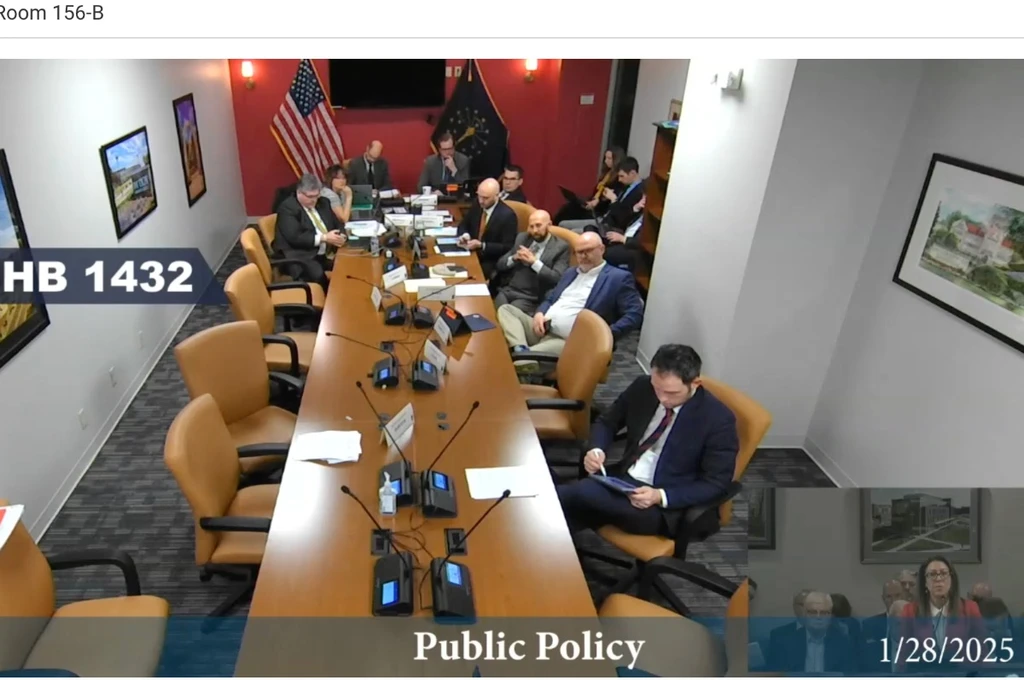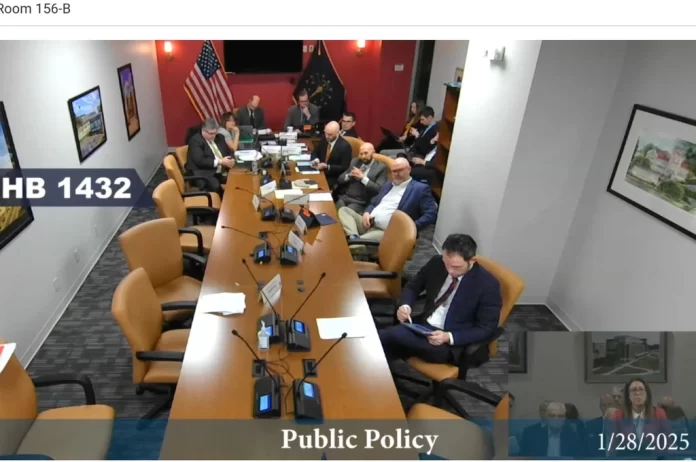The bill passed, 9-2, with two members excused, and will move on to the ways and means committee. Stakeholders are confident HB 1432 will get through the house, but passing the senate will likely be a bigger challenge.
And legal online gambling in Indiana this year is complicated from a gambling-industry perspective by a second bill, HB 1433, that legalises electronic pull tabs. These games would be legal for use in local bars and taverns.
A representative from Penn Entertainment said his company would not support the legal igaming bill because “pull tabs is a live grenade”. Lawmakers seemed perplexed, saying that the electronic pull tab games would be limited to local venues and that small businesses could stand to earn $20,000-$30,000 per year.
“It frustrates me that any casino can get up here and testify against e-pull tabs,” one lawmaker said. He went on to point to the tens of millions of dollars in annual profits that some casino companies earn in Indiana and other jurisdictions.
Cannibalisation a concern
E-pull tabs won’t be the only issue to complicate Indiana’s online gambling discussion.
Representatives of Penn and Churchill Downs (CDI) joined a chorus started last year in Maryland by the Cordish Companies. Mid-sized US casino companies say cannibalisation – the shift of revenue from land-based casinos to digital platforms – affects them negatively. Cordish made the argument in Maryland last spring and again at a Louisiana hearing in December.
But the argument is fraught because all three companies offer digital gambling in some form in states across the US.
Cordish does not have an Indiana property. But Churchill Downs does and spoke out against online gambling. The company previously offered online sports betting, but shuttered that platform in 2022. It continues to offer digital pari-mutuel betting. And, according to John Pappas, testifying on behalf of the iDevelopment and Economic Association, it operates an online casino in Pennsylvania. This casts CDI’s opposition argument in a different light, although CDI’s representative did not answer directly if the company would offer online casino in Indiana if it were legalised.
Penn Entertainment also offers online sports betting and casino via ESPN Bet, its partnership with ESPN, in 20 US markets.
“Cannibalisation is real,” Penn’s representative John Hammond told the committee.
But Boyd Gaming, also a regional casino operator, stood in support of HB 1432. The company has a national deal with FanDuel to operate online sports betting and casino and, because of that, does not appear to have the same worries as its peers.
PG, RG and the illegal market
Besides operator concerns, problem and responsible gambling advocates argued that “putting a slot machine in the palm” of people’s hands puts more gamblers at risk. Brianne Doura-Schawohl, testifying on behalf of the Campaign for Fairer Gambling, spoke in opposition. She suggested that instead of legalising online gambling, Indiana lawmakers instead address the illegal market and put more problem and responsible gambling initiatives in place.

Lawmakers and the industry argued that online gambling already exists in Indiana. According to research from GeoComply shared by Pappas, more than 50 illegal gambling sites are available in Indiana and there have been more than 500,000 searches for “online casino gambling” that originated from Indiana since 1 January.
Stakeholders say taming the black market starts with a legal framework.
“A regulated online industry provides the state with the necessary tools to enforce its laws against illegal operators like those that are operating in Indiana,” Fanatics Betting & Gaming head of government affairs Brandt Iden testified. “Again, using Michigan as an example, regulators have forced offshore illegal sites like Bovada, MyBookie.com and Chumba Casino to shut down. To date, only states with legal, regulated icasino have taken action to stop the online casinos that are proliferating here and across the country.”
Bill sponsor Ethan Manning addressed the issue, calling legalisation a “new delivery method” for the illegal online gambling market that already exists in the state.
Online sports betting hike?
Manning offered up three amendments ahead of testimony. Amendment 34 includes a significant online sports betting tax increase.
Manning is proposing a hike from the current 9.5% to 20%, which he said “shouldn’t impact the player experience”. But several operators pushed back and said that, while they support the online casino bill, they would like to see the proposed sports betting tax hike massaged through the legislative process.
The amendment also clarifies that any operator working in an illegal market would not be welcome in Indiana. It also allows the Pokagon Band of Potawatomi Indians to participate in online casino. Amendment 34 and two others brought by Manning were approved, as well as Amendment 32, which would increase the amount of funding from the state via online casino revenue to cities and counties and would contribute to the state’s fire pension.
Original article: https://igamingbusiness.com/gaming/indiana-moves-legal-online-casino/














